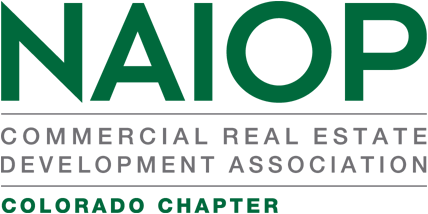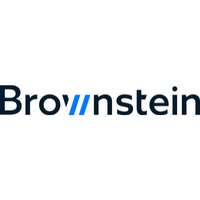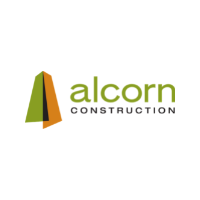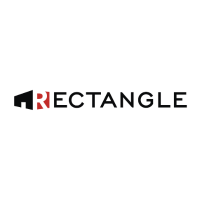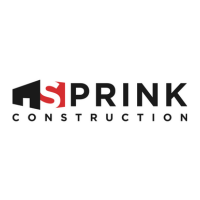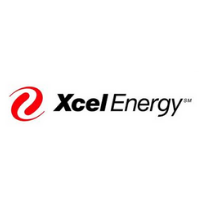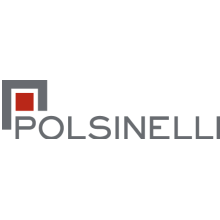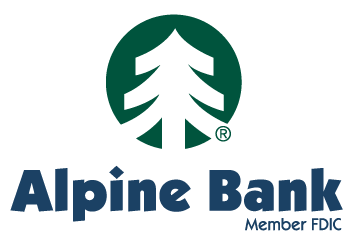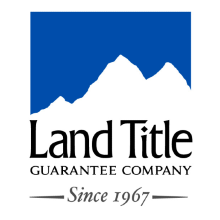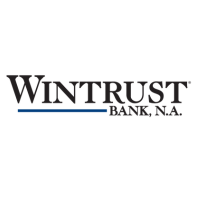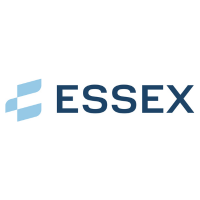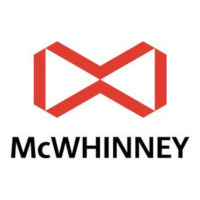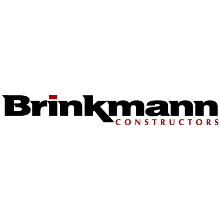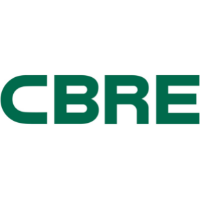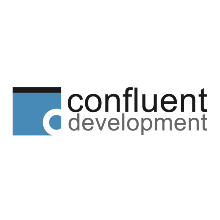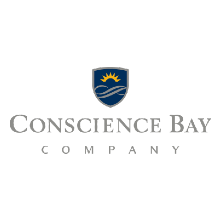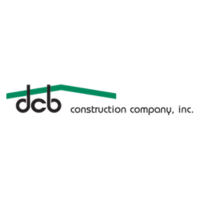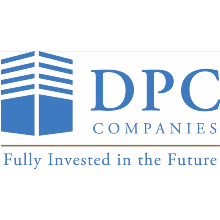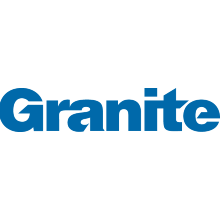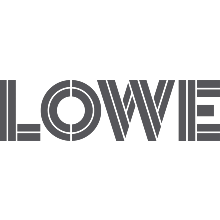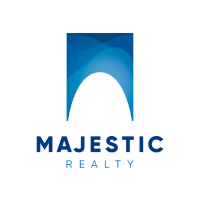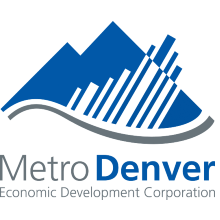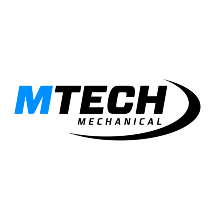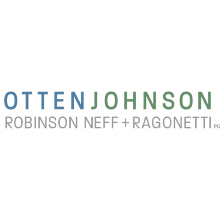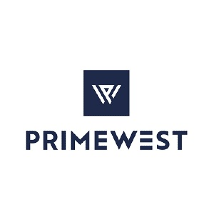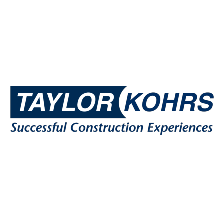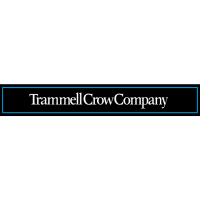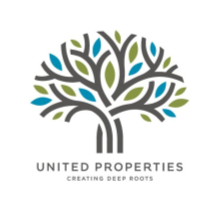Our Vision
Advancing responsible commercial real estate development.
Our Mission
NAIOP, the Commercial Real Estate Development Association, is the leading organization for developers, owners and related professionals in office, industrial, retail and mixed-use real estate. We provide unmatched networking, education, and advocacy for effective legislation that foster responsible, sustainable development, job creation, and community growth.
Our Policy Approach
With the above Vision and Mission Statements in mind, NAIOP Colorado’s public policy priorities for 2025 reflect the key issues impacting commercial real estate development in our state. These priorities are not listed in any specific order. NAIOP’s federal policy priorities for the 2025 legislative session are outlined at the end of this document. The Public Policy Committee and the NAIOP Colorado Board have reviewed and approved these priorities as part of our ongoing commitment to advocating for policies that support economic growth, job creation, and responsible development.
Get Involved & Stay Informed
For more information on NAIOP Colorado's Public Policy initiatives or to get involved, please contact:
State & Local Policy Priorities
Economic Development
Economic development, which includes job creation and retention, business attraction and retention, business-friendly tax and regulatory policy, support for education and skills training, affordable workforce housing, and construction and maintenance of infrastructure, continues to be one of our members’ top concerns. NAIOP Colorado will continue to actively support the economic development efforts of the state and local chambers of commerce, including the Metro Denver Economic Development Corporation, the Downtown Denver Partnership, the Denver Metro Chamber, and the Colorado Chamber of Commerce.
NAIOP Colorado supports sound regulatory, tax and fiscal policies that work in conjunction with economic development efforts to retain, expand and attract new business to our state, support job growth and retention, support education and skills training, encourage affordable workforce housing and fund the construction and maintenance of critical infrastructure.
Taxation
Colorado’s uncompetitive commercial property tax system is a top concern for our members and we support thoughtful property tax reform that reduces the disproportionate tax burden on commercial properties.
The Taxpayer Bill of Rights (TABOR) limits the government’s taxing and spending ability, forcing local governments to look for new and creative ways to finance needed infrastructure and to pay for upkeep of existing infrastructure. This imposes undue burdens on developers and owners of commercial real estate as jurisdictions look to impose impact fees and other charges as alternatives to tax increases that would require voter approval. These fees are hidden taxes that result in a higher cost of doing business and renting or owning a home in Colorado.
NAIOP Colorado seeks long-term solutions to these issues, as the ever-increasing tax burden on Colorado’s employers through skyrocketing commercial real estate taxes along with escalating impact fees for new construction make our state uncompetitive.
Transportation/Infrastructure
An integrated and well-maintained utility grid and transportation infrastructure including local arterials, mass transit and highways are key components in our efforts to retain, expand and attract businesses and jobs. NAIOP Colorado will continue to support responsible and fiscally feasible utility expansion and multi-modal improvements to the state’s transportation infrastructure. NAIOP Colorado supports efforts to bring increased federal financial support for transportation/utility infrastructure projects in Colorado.
Water
A thoughtful and balanced water policy that maintains Colorado’s “first in time, first in right” water laws and provides for both conservation and new storage is key to our ongoing economic development efforts.
With appropriate planning and barring a “call” on the Colorado River Compact, Colorado has sufficient supplies of water to meet the state’s immediate needs. However, Colorado needs to plan for the proper storage of this valuable resource to mitigate the inevitable droughts and the disparities between where and when the water flows and where and when it is ultimately needed. NAIOP Colorado is committed to promoting a balanced approach that combines practical conservation efforts with increased water storage capacity to ensure adequate supplies of water for all legitimate users within the state.
NAIOP Colorado supports equitable and responsible planning, development and finance of water projects for statewide benefit. NAIOP Colorado is opposed to attempts to use water policy as a vehicle to stop growth in our state and reaffirms its commitment to the basis of our water law – prior appropriation. NAIOP Colorado does not support changes in the law that would further restrict or prohibit the transfer of water rights.
Sustainability, Energy Efficiency, and Climate Action
NAIOP Colorado supports cost-benefit rational sustainability and green building practices and is involved in promoting these disciplines and best practices. NAIOP Colorado continues to demonstrate leadership in these important areas by working proactively with various stakeholders (public and private) to increase awareness and provide education and resources to the real estate industry.
NAIOP Colorado also believes regulatory mandates and penalties forcing “green” development actually impede progress through unintended consequences and are counterproductive. Education, awareness, market forces, and incentives can help to be a catalyst for increasing green development and sustainability. Electric vehicle charging and electrification mandates by the State and City of Denver are examples of the government forcing “green” development ahead of market demand and increasing the cost of housing and business.
NAIOP Colorado is dedicated to helping bridge the gap between what is aspirational and what is implementable by sharing our deep understanding of technological feasibility and financial impact. We oppose draconian regulatory mandates like Energize Denver and State Reg 28, that have imposed uneconomic energy efficiency standards on our industry with cost prohibitive solutions and fines. Such legislation unintentionally harms our community’s societal goal of development while delivering questionable environmental impact.
Growth Management
NAIOP Colorado vigorously opposes “growth management” efforts in the legislature, city councils or ballot box and fights to protect our private property rights while continuing to support sound land use and growth policies. It is our belief that the Colorado Statutes reflect good public policy and we should work to ensure that these laws are being implemented and followed.
Construction Defects
NAIOP Colorado believes tort reform is necessary to stop the frivolous construction defect lawsuits that adversely affect our industry. Many of these lawsuits seek damages that far exceed the cost of construction or seek treble damages and attorneys’ fees for alleged construction defects. The impact of these lawsuits is to discourage development, increase the cost of construction, and increase the cost and availability of insurance. The ever-increasing costs related to these lawsuits impact affordable housing and small businesses as these costs are passed on to the consumer.
Labor Issues
NAIOP Colorado is opposed to any effort to change, modify, or eliminate Section 14B of the Taft Hartley Act which would eliminate Right to Work, which is a cornerstone of Colorado’s business-friendly economy. Colorado has enjoyed the “Labor Peace Act” for decades which promotes a balance between the demands of labor unions and the desire for the right to work.
Affordable / Attainable Housing
For NAIOP Colorado members, the issue of attainable housing focuses on workforce housing for both our members’ employees and the employees of their customers and tenants. We believe attainable housing is a community-wide issue and solutions should not be imposed on just one industry, commercial real estate and should be addressed through supply-side incentives to construct more housing rather than regulatory quotas for “affordable housing” that simply tax the majority of renters and home buyers to subsize the housing costs of the few. We will resist efforts to fund affordable housing “solutions” through imposition of real estate transfer tax or any other tax or fee solely on the backs of our or any other industry or so called “inclusionary” housing ordinances. NAIOP Colorado will work on this issue with various interested parties but will also continue in our efforts to show how many policies, such as ever-increasing impact and water tap fees, higher taxes, inclusionary housing quotes, etc., only make this problem worse.
Condemnation (Eminent Domain)
NAIOP Colorado supports private property rights, including the right to receive just compensation if property is taken by condemnation/eminent domain. NAIOP Colorado also supports the continued availability of eminent domain as a tool of last resort for accomplishing public projects, including development and redevelopment of blighted areas and infrastructure critical for development.
NAIOP Colorado recognizes that eminent domain, while sometimes controversial, is a critically important tool for economic development. Because of the ability to use eminent domain, governmental entities, including special districts have been able to undertake a variety of public infrastructure projects and redevelopment efforts that would not otherwise be possible and that contribute to the long-term vitality and economic well-being of local communities and the state as a whole.
Urban Renewal, Metropolitan Districts and Tax Increment Financing
Urban renewal, metropolitan districts, and tax increment financing are critically important tools used by local government in partnership with our members and others to promote economic growth, urban infill development and renewal. NAIOP Colorado continues to support the thoughtful utilization of these tools so long as state statutes are followed and transparency requirements are implemented so property owners understand their legal and financing impacts. We will fight to maintain these critical economic development tools in Colorado so development can continue to “pay its own way” due to the fiscal / tax limitations of TABOR.
Freedom of Contract
NAIOP Colorado will continue to oppose attempts to restrict freedom of contract in construction and other real estate contracts.
Surface Rights vs. Mineral Rights
NAIOP Colorado supports protection of property rights for both mineral owners and surface landowners. We oppose legislation and regulations that fail to recognize, fail to minimize, and fail to compensate for damage caused to surface property values by creation of multiple well sites and access roads for mineral development. NAIOP Colorado supports efforts to achieve an equitable balance of competing ownership rights through agreements among the various owners.
NAIOP Colorado opposes piecemeal local regulations on energy production, fracking bans, and drilling moratoria.
Brownfields
Brownfields are abandoned or under-utilized properties where expansion or redevelopment can be hindered by real or perceived contamination. Cleaning up and reinvesting in these properties improves and protects the environment, increases local tax bases, enhances urban infill and redevelopment, and facilitates economic growth.
NAIOP Colorado supports brownfield clean-up and redevelopment, with particular support for voluntary clean-up programs. NAIOP Colorado supports the removal of legal, tax and financing obstacles to the acquisition and environmental remediation of brownfield properties and supports measures that would encourage remediation efforts and spark economic development including tax credits.
Regulatory Environment
While recognizing the need for government regulation of certain business practices and industries, NAIOP Colorado recognizes that regulations add costs and barriers to entry to conducting business, lessening Colorado’s attractiveness to new or existing employers. NAIOP Colorado opposes new or increased regulations of business when the cost of compliance outweighs the public benefit.
Federal Legislative Priorities
NAIOP Colorado’s federal legislative priorities are handled in conjunction with NAIOP Corporate’s Governmental Affairs Lobbying Team, which advocates on behalf of the commercial real estate industry at the national level. For more information on NAIOP’s federal policy efforts, visit NAIOP Corporate’s Government Affairs Page.
Tax Policy
Congress should pass comprehensive tax legislation that renews expiring provisions of the Tax Cuts and Jobs Act of 2017 (TCJA) and maintains long-standing tax policies that support an economically vibrant commercial real estate industry. The tax code should promote capital formation, reward entrepreneurship and long-term-investment, support housing production, and foster community and economic development.
Adaptive Reuse
Congress should pass legislation to incentivize the adaptive reuse of vacant and underutilized commercial buildings. The Revitalizing Downtowns and Main Streets Act was introduced in the last Congress by Representatives Mike Carey (R-OH) and Jimmy Gomez (D-CA) to create a tax credit to offset the costs of conversions. Adaptive reuse property conversions can help increase the supply of affordable housing and help restore economic vitality to communities dealing with the impact of post-pandemic workplace changes.
Energy and Electricity
Congress needs to pursue comprehensive energy policies designed to meet the growing need for electricity throughout the U.S. economy, including increased investment in electrical grid expansion and modernization, permitting reforms for energy generation and transmission projects, and increased coordination on major regional projects across multiple jurisdictions. The lack of future availability of electricity is hindering the commercial real estate development needed to support industries in a rapidly transforming economy.
